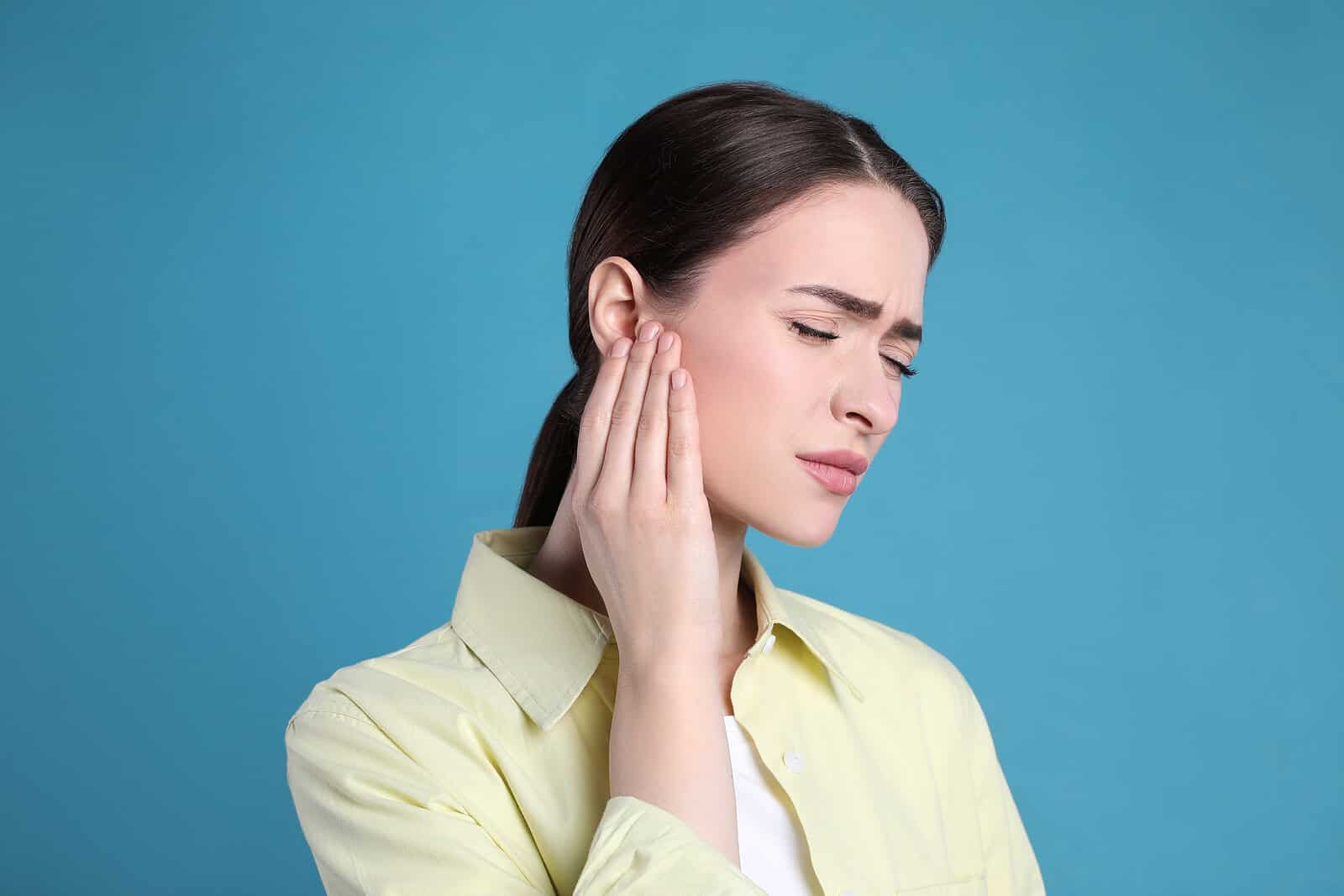
Hearing loss is most considered a condition which effects older adults; however, it effects one in eight people of all ages in the US. While age related hearing loss often feels inevitable, effecting one in three people over 65 and half of all those 75 and older, there are some lifestyle choices which can lower your risk throughout your life. Hearing loss is irreversible in 90% of cases, however, can often be prevented. Here are just a few ways you can promote healthy hearing for years to come.
How our Hearing Works
To understand how to protect your hearing, it’s important to understand how it all works in the first place. We collect sound with our ears, but the sounds must reach our brain in order for the sounds to be identified and speech processed. It achieves this by a very fragile delivery system of tiny hair-like cells called stereocilia. Stereocilia transform audio waves into electrical impulses which are received by the brain. All the cells are reliant on a healthy and constant supply of blood to maintain health, and the ears are particularly susceptible to this. When blood flow is interrupted to the ear, it increases your risk of developing permanent hearing loss.
Manage your blood pressure and cardiac health
The health of stereocilia come into question when you have issues with hypertension or cardiovascular disease. High blood pressure can damage the cells of the arteries’ inner lining. Meanwhile, the cardiovascular system is key in bringing oxygen, nutrients, and other good things to every cell in your body while also taking away carbon dioxide and waste. When cardiovascular conditions and hypertension go unaddressed it increases the likeliness of damage to the inner ear.
Stop smoking and vaping, and limit drinking
Studies show that smoking cigarettes – even the inhalation of secondhand smoke can double the likeliness of hearing loss. This is due to the ototoxic effects of nicotine which constricts blood vessles and damages the inner ear. Another addictive vice is alcohol. Everynow and then its alright to indulge but when drinking becomes constant it can damage brain cells and tissue which help process sound in the auditory cortex of the brain.
Manage diabetes
Studies show that those with diabetes are twice as likely to have hearing loss. This is due to way diabetes inhibits the cells’ ability to absorb blood sugar, damaging cells throughout your body – including the inner ear. Make sure to eat a healthy diet, stay active and follow your doctor’s orders to keep your blood sugar at a safe level.
Stay Active and Exercise
Our bodies were designed to move and the more we do the healthier we can be. This isn’t just about having a perfect “gym body”. This is about keeping your heart and your entire body health. When your blood flows freely throughout your ears benefit in numerous ways.
Eat a Heathy Diet
A heart healthy diet will support your hearing as well. A diet rich in vegetables, fruits, whole grains and lean proteins will provide your body all the nutrients it need to maintain the health of your ears and every other function of your body.
Know your family history
Hearing loss runs in families and while knowing this won’t prevent hearing loss it can let you know about your elevated risk. The sooner you identify and treat a hearing loss, the less a risk you have of developing many of the devastating effects of hearing loss such as rifts in personal and professional relationships, chronic depression, isolation, cognitive decline and a higher risk of accidents leading to hospitalization.
Be mindful of your medications
It may surprise you that there are many medications which cause hearing loss – some are prescribed in the form of certain antibiotics and chemotherapy drugs, while others are over the counter and as common place as ibuprofen or aceometaphin. Take care to monitor your medications as in many instances it can be avoided with alternative medications.
Get a hearing test
If you suspect that you have a hearing loss it is important to address it as soon as possible. The first step is easy—schedule a hearing exam with us today and get on the path for healthy hearing.
